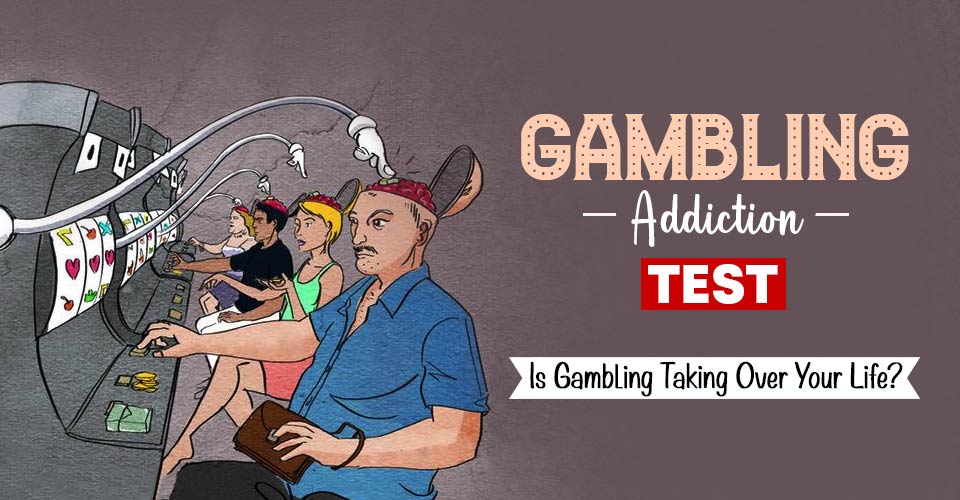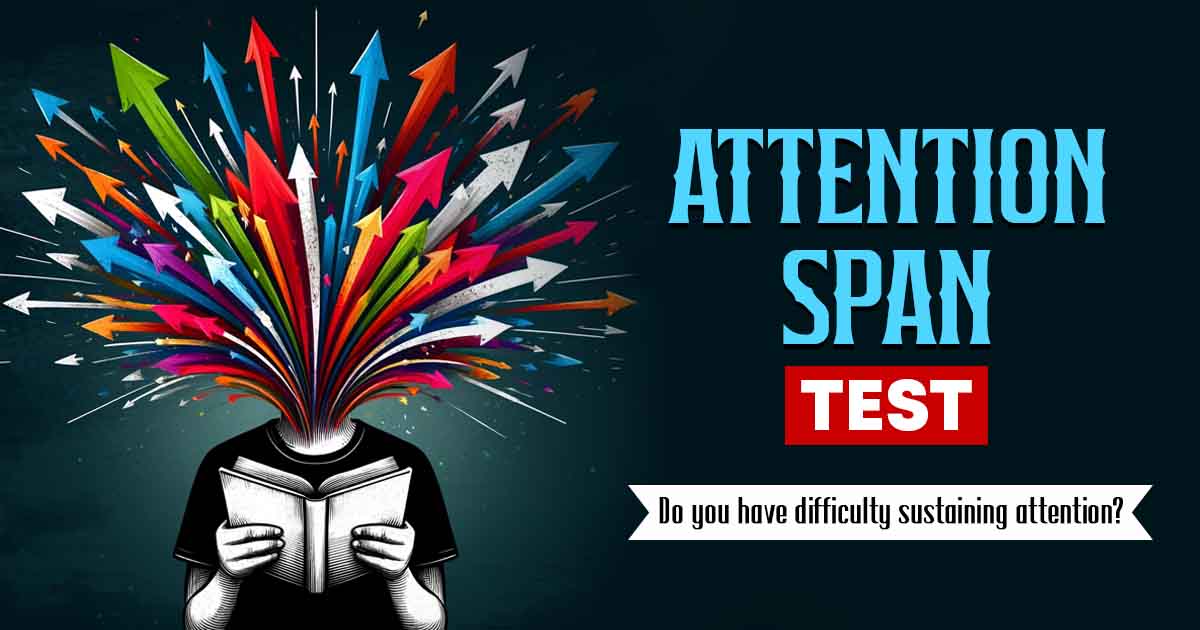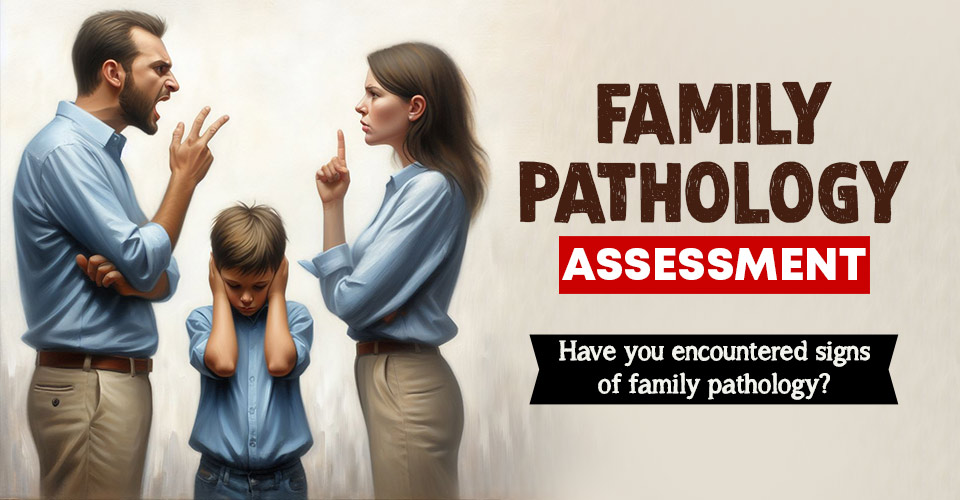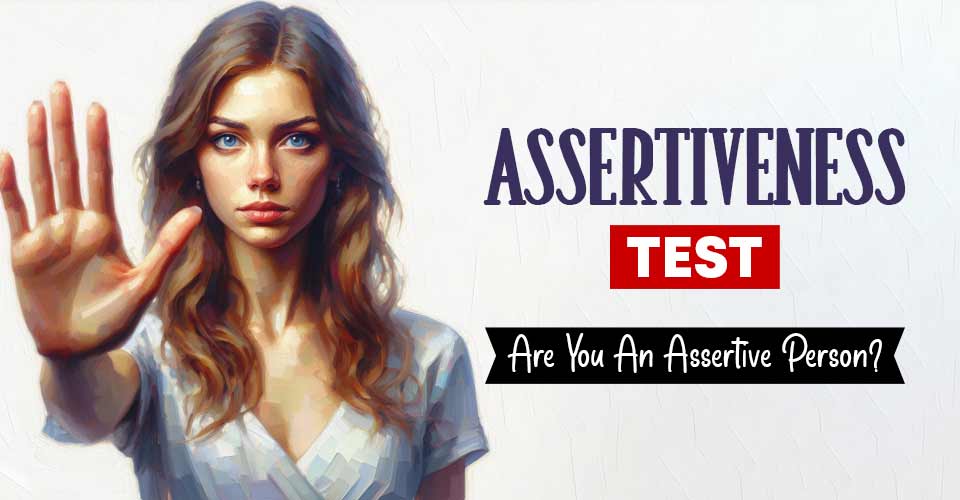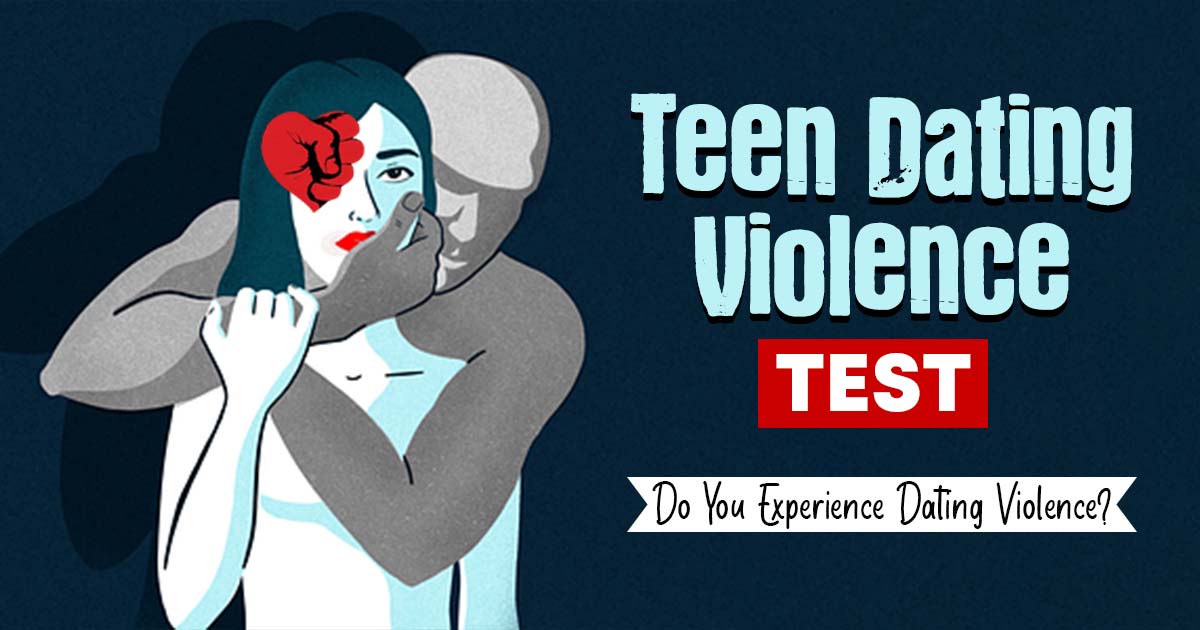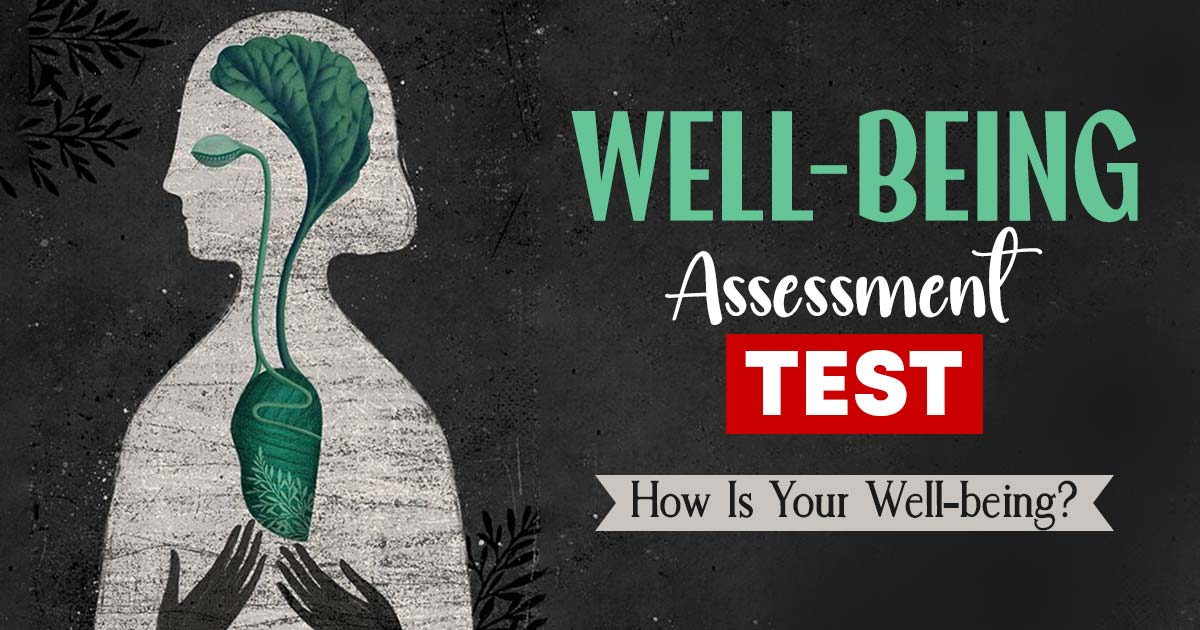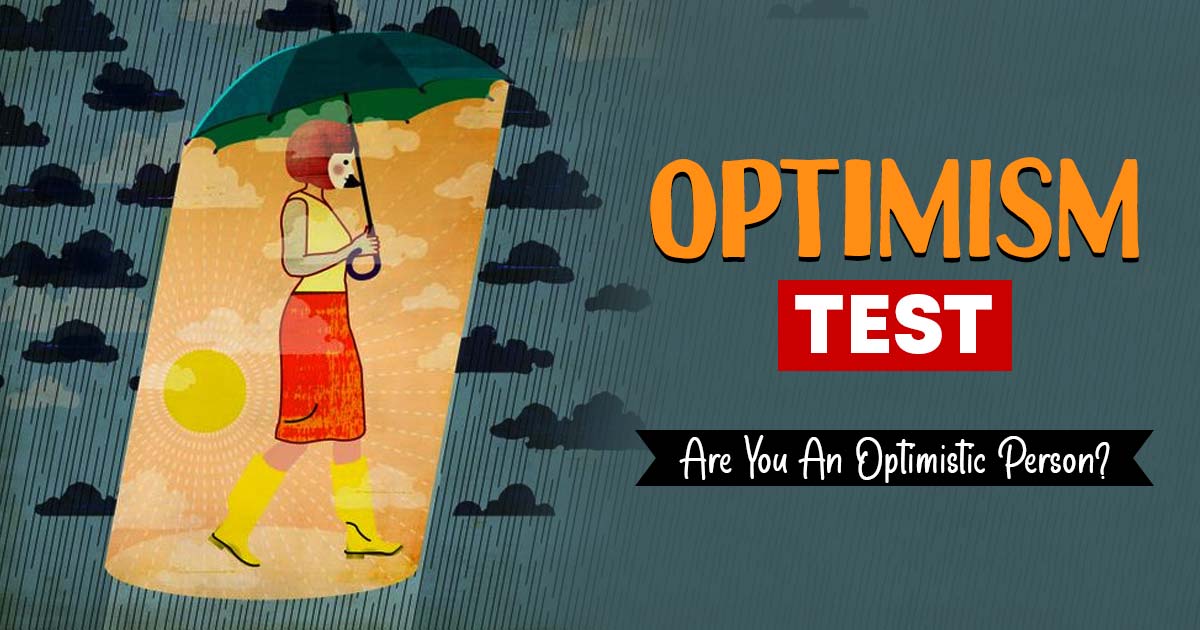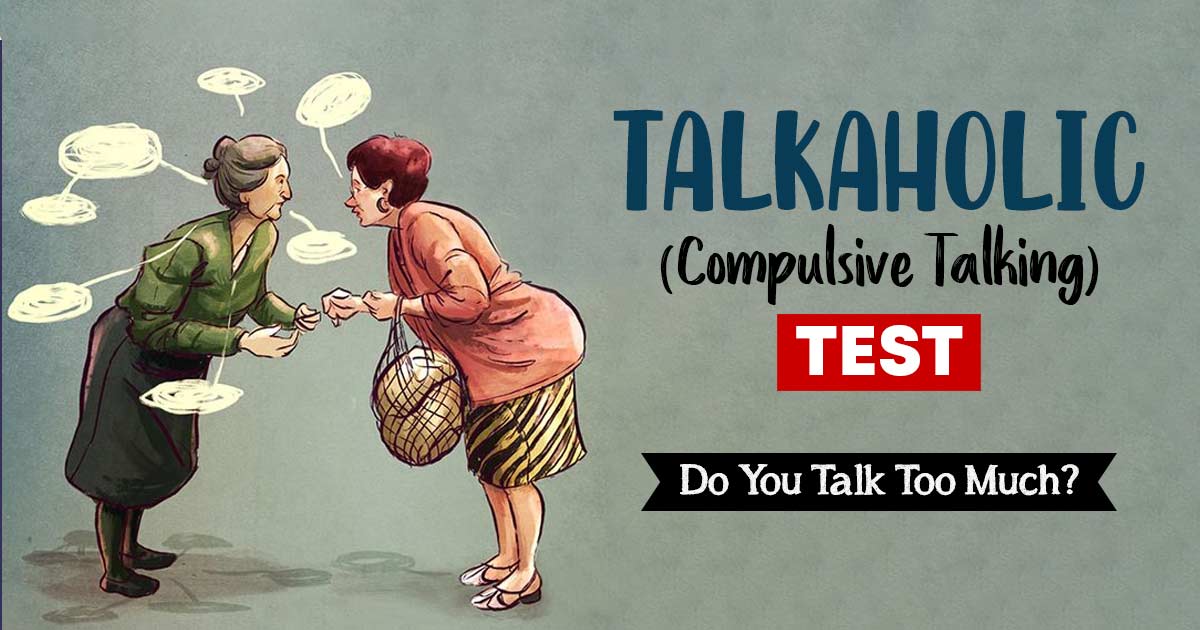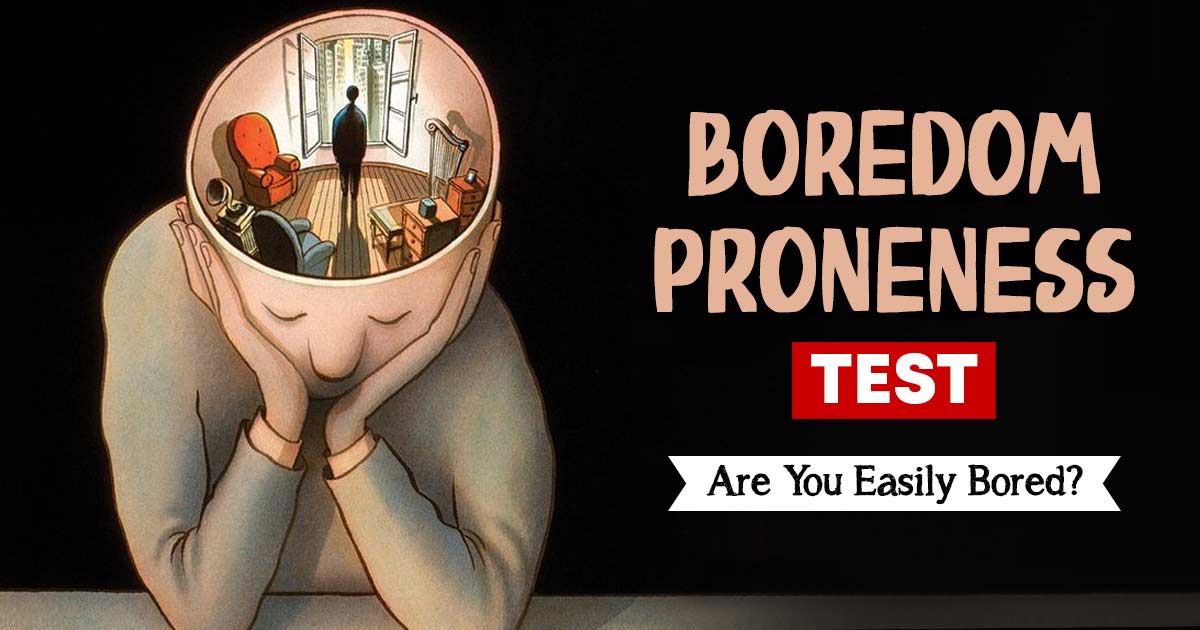Do you engage in gambling activities? Do you hide or lie to your friends and family about your gambling habits? Have you resorted to borrowing or requesting money to fund your gambling? Do you struggle to control your gambling impulses despite your best efforts? If you are unsure whether you have a gambling addiction, take this Gambling Addiction Test to gain clarity.
What Is Gambling Disorder?
Gambling disorder, also known as compulsive gambling or gambling addiction, is a mental health condition characterized by an inability to control one’s gambling behavior despite negative consequences.
Gambling disorder is a complex condition that can be influenced by a variety of factors, including biological, psychological, social, and environmental. Some people may be more vulnerable to developing gambling disorders due to specific genetic or neurobiological vulnerabilities, while others may be influenced by stress, trauma, or other environmental stimuli.
In order to be diagnosed with gambling disorder, a person must exhibit at least four of the following symptoms over a 12-month period:
- Needing to gamble with increasing amounts of money to achieve the desired level of excitement
- Making repeated unsuccessful efforts to control, cut back on or stop gambling
- Preoccupation with gambling, such as constantly thinking about past gambling experiences or planning the next gambling venture
- Gambling when feeling distressed, anxious, or depressed
- Lying to family members and losing significant relationships, jobs, and career opportunities because of gambling
Read More About Gambling Disorder Here
Instructions For Taking Gambling Addiction Test
Below is a list of statements related to an individual’s gambling habit. Please read each statement carefully and rate the extent to which these are relevant to you.
Please note: This gambling addiction self test is a self-assessment and not a diagnostic test.
Assessment Summary
0 of 15 Questions completed
Questions:
Information
You have already completed the assessment before. Hence you can not start it again.
Assessment is loading…
You must sign in or sign up to start the assessment.
You must first complete the following:
Results
Results
Your time:
Time has elapsed
You have reached 0 of 0 point(s), (0)
Earned Point(s): 0 of 0, (0)
0 Essay(s) Pending (Possible Point(s): 0)
Categories
- Mental Health Assessment 0%
-
Sign Of Low Compulsive Gambling
Your score indicates that you have a low sign of compulsive gambling. It reflects that activities related to gambling make you slightly excited and you may tend to gamble a higher amount of money to a very few extents to get engaged with that. Also, it is indicated from your response that you might feel a little restless and irritable when trying to stop gambling in a few cases.
Further, your score shows that to a few extents, you may ask others for money to get engaged in gambling and might hide from your family and friends about the extent of your gambling. Besides this, it can also be seen from your score that to a few extents, you tend to gamble to cope with stressful situations in your personal life.
However, it should be noted that these signs would not cause any such significant disruption that impacts social, occupational, personal and other areas of your life.
Want to learn more?
Some ways that can help to control the gambling habits of an individual, such as setting financial limits, avoiding triggers such as stress that may lead to gambling, surrounding with supportive friends and family who can help to stay accountable, and finding alternative practices of regular exercise or meditation. If you want to know how to control your gambling habits, talk to our professional psychologists.
You can use our Mood Tracker to stay mindful of your mood every day, and identify your innermost thoughts & emotions on a daily basis. It will help you in doing the things you love while limiting activities that might dampen your mood.
-
Sign Of Moderate Compulsive Gambling
Your score indicates that you have a moderate sign of compulsive gambling. It reflects that you love to seek excitement in gambling activities and sometimes tend to engage in gambling with higher amounts of money. Further, your response indicates that to some extent you might try to stop gambling, but often feel restless and irritable for doing it. Besides this, your score also seems that sometimes you tend to engage in activities like borrowing or stealing money from others, and selling your items to finance your gambling.
It can also be seen from your response that you might hide and seem to lie to your family and friends in some cases about your gambling habits. Also, it can be seen from your score that in some cases you might engage in gambling to cope with some of the stressful situations in your personal life.
However, it should be noted that these signs may cause a few significant impairments in social, occupational, personal, and other areas of your life.
Want to learn more?
Some ways that can help to control the gambling habits of an individual, such as setting financial limits, avoiding triggers such as stress that may lead to gambling, surrounding with supportive friends and family who can help to stay accountable, and finding alternative practices of regular exercise or meditation. If you want to know how to control your gambling habits, talk to our professional psychologists.
You can use our Mood Tracker to stay mindful of your mood every day, and identify your innermost thoughts & emotions on a daily basis. It will help you in doing the things you love while limiting activities that might dampen your mood.
-
Sign Of High Compulsive Gambling
Your score indicates that you have a high sign of compulsive gambling. It reflects that you have a strong desire and excitement about activities related to gambling and tend to gamble most of the time with higher amounts of money to feel more excited. Also, your response indicates that to a few extent, you try to stop gambling, and mostly feel restless and irritable if you can’t engage in it.
Further, your score also seems that you tend to mostly engage in activities like borrowing money from others, selling your items, or stealing money to finance more to your gambling. Besides this, your score shows that in most scenarios, you seem to lie to your family and friends about the extent of your gambling. Also, it can be seen from your score that you mostly take gambling as a way to cope with stressful situations in your personal life.
However, it should be noted that all these signs seem to indicate a strong significant disruption in social, personal, occupational, and other areas of functioning in your life.
Want to learn more?
Some ways that can help to control the gambling habits of an individual, such as setting financial limits, avoiding triggers such as stress that may lead to gambling, surrounding with supportive friends and family who can help to stay accountable, and finding alternative practices of regular exercise or meditation. If you want to know how to control your gambling habits, talk to our professional psychologists.
You can use our Mood Tracker to stay mindful of your mood every day, and identify your innermost thoughts & emotions on a daily basis. It will help you in doing the things you love while limiting activities that might dampen your mood.
- 1
- 2
- 3
- 4
- 5
- 6
- 7
- 8
- 9
- 10
- 11
- 12
- 13
- 14
- 15
- Current
- Review
- Answered
- Correct
- Incorrect
-
Question 1 of 15
1. Question
4 point(s)I love to engage in gambling.
-
Question 2 of 15
2. Question
4 point(s)I plan about gambling and find strategies for engaging in it.
-
Question 3 of 15
3. Question
4 point(s)It makes me irritated when I can’t engage in gambling.
-
Question 4 of 15
4. Question
4 point(s)I hide and say lie to my family or friends regarding my gambling.
-
Question 5 of 15
5. Question
4 point(s)I have continued to gamble even after losing significant amounts of money.
-
Question 6 of 15
6. Question
4 point(s)To feel excited, I need to gamble with higher amounts of money.
-
Question 7 of 15
7. Question
4 point(s)I feel that gambling impacts my sleep and food habits.
-
Question 8 of 15
8. Question
4 point(s)I have sold personal items to finance gambling.
-
Question 9 of 15
9. Question
4 point(s)I have borrowed money from others to gamble or to pay off gambling debts.
-
Question 10 of 15
10. Question
4 point(s)I tend to recover the money I lost by gambling.
-
Question 11 of 15
11. Question
4 point(s)I got engaged in gambling to cope with my stressful situation.
-
Question 12 of 15
12. Question
4 point(s)I have been criticized by others for my gambling behavior.
-
Question 13 of 15
13. Question
4 point(s)I have tried to stop gambling but was unable to do so.
-
Question 14 of 15
14. Question
4 point(s)I have engaged in illegal activities like stealing to arrange money for gambling.
-
Question 15 of 15
15. Question
4 point(s)I feel gambling has affected my relationships, values, and career.

